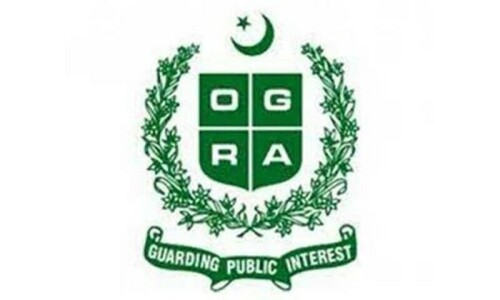ISLAMABAD, March 6: Pakistan and Iran have signed a preferential trade agreement (PTA) to eliminate trade barriers between the two countries and facilitate increase in the volume of bilateral trade.
Officials told Dawn on Saturday that the two countries within the next 90 days would finalize lists of duty concessions and rules of origin for the finalization of the treaty.
Following the exchange of these lists, the officials said, the matter would be discussed with the relevant stakeholders for seeking their opinion before finalizing the tariff levels.
"This agreement will be finally converted into a free trade agreement (FTA)."
The agreement, a copy of which was made available to Dawn on Saturday, proposes to strengthen economic and political relationship between the two countries, promote a more predictable and secure environment for sustainable growth of trade and expand mutual trade through exploring newer areas of cooperation between the two countries.
Pakistan will also provide technical assistance to Iran for getting accession to the forum of World Trade Organization. Under this agreement, the two countries are bound to remove all non-tariff barriers and any other equivalent measures on the movement of goods. They will exchange lists of para-tariffs and will not increase in the existing para-tariffs or introduce new or additional para-tariffs without mutual consent.
They will also not increase their respective rates of preferential tariffs without mutual consent and will consider further liberalizing their bilateral trade through future consultations.
Both the countries will also accord unconditional treatment, which was no less favourable than that accorded to any other non-contracting party with regard to all the rules regulations, procedures and formalities applicable to trade.
Under the agreement, a joint trade committee will be established comprising officials of the two countries. The committee will be headed by vice-minister or federal secretary of commerce from the two sides. It will meet initially within six months following the coming into effect of this agreement and then at least once a year.
Any dispute arising from the interpretation or application of the agreement will first be settled amicably through bilateral consultations. In case the dispute was not settled amicably, the joint trade committee would refer it to an arbitration panel. The joint trade committee will determine the procedures for the arbitration panel.














































Dear visitor, the comments section is undergoing an overhaul and will return soon.